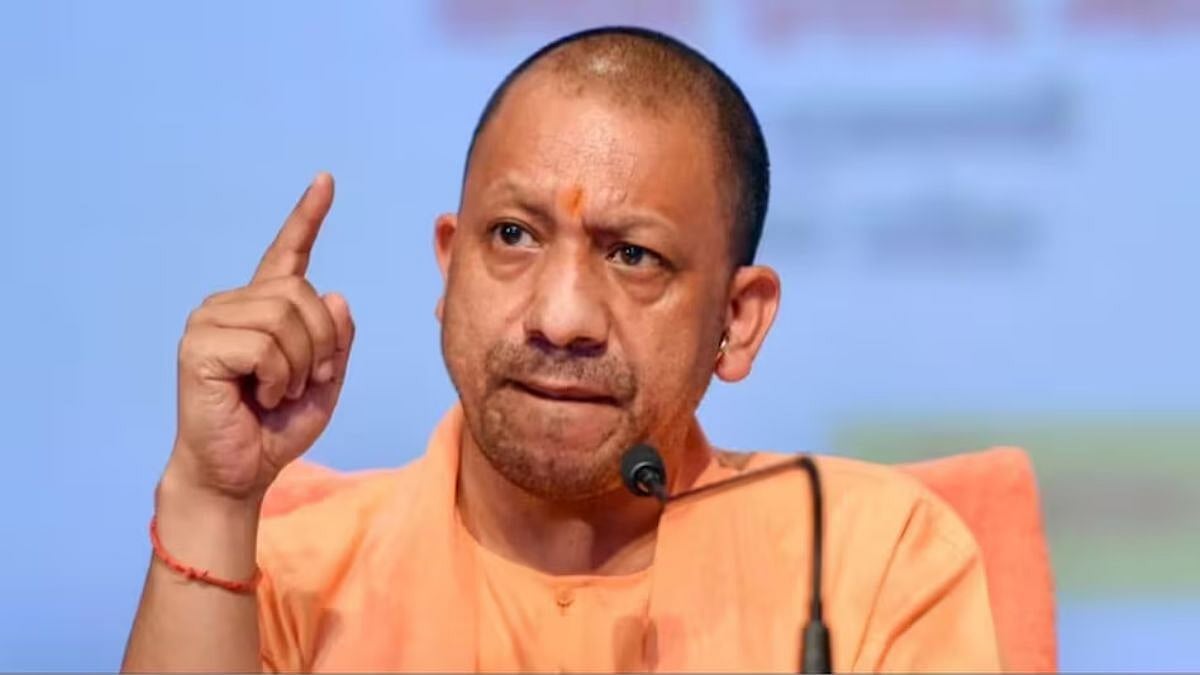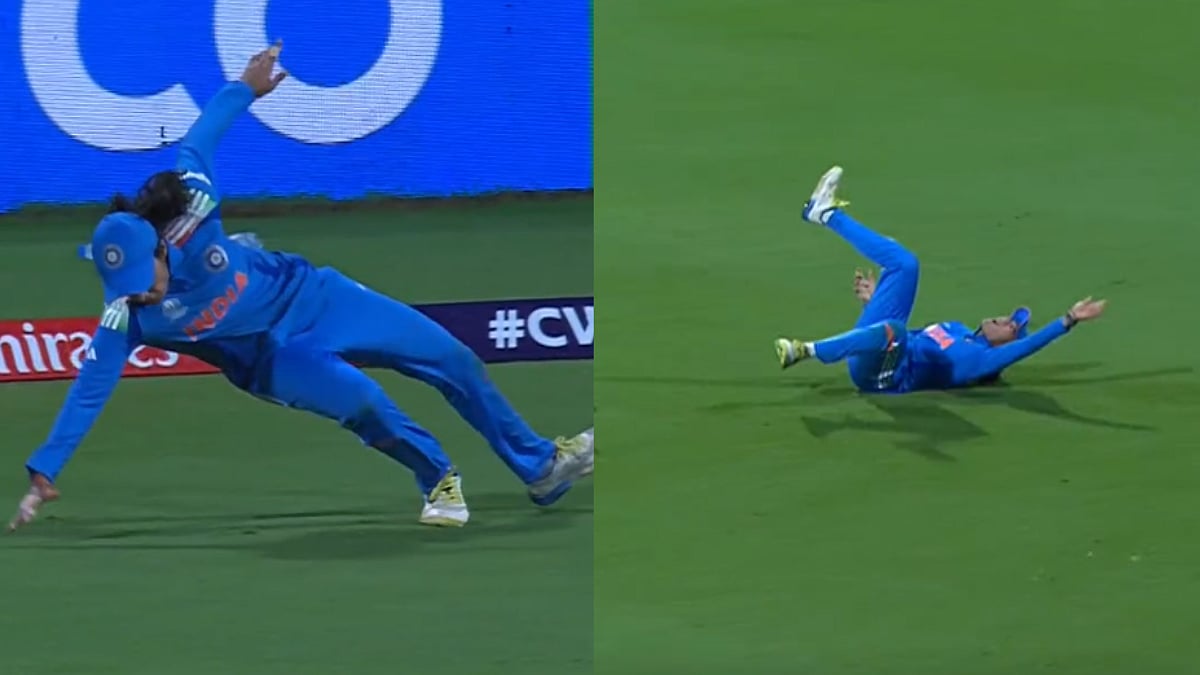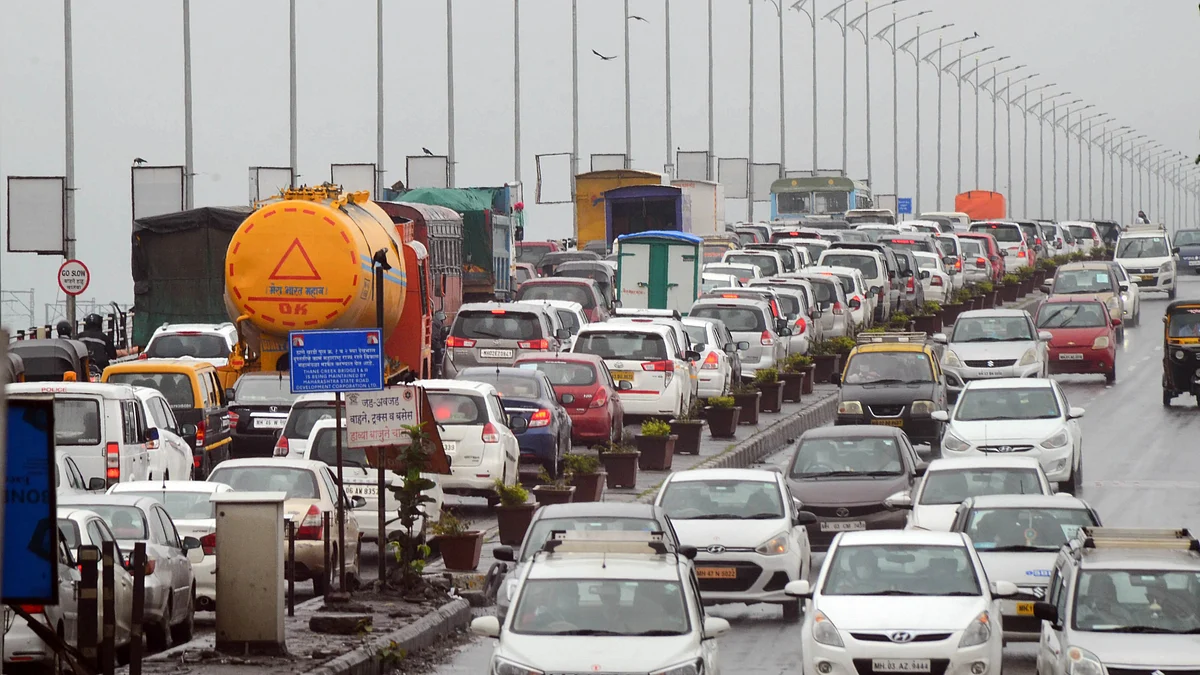During an interaction at the National Press Club in Washington DC, Rahul Gandhi, a prominent leader of India's Congress party, stirred controversy by stating that there was nothing non-secular about the Indian Union Muslim League (IUML). The IUML is a traditional ally of the Congress-led United Democratic Front (UDF) in Kerala. Rahul Gandhi's comments drew condemnation from the Bharatiya Janata Party (BJP), with Amit Malviya, a BJP spokesperson, accusing Gandhi of making the statement to appease his constituents in Wayanad, Kerala.
Rahul Gandhi's Remarks and BJP's Response
Responding to a question on the Congress party's alliance with the IUML, Rahul Gandhi stated that the Muslim League was a completely secular party and criticized the questioner for not understanding its nature. "Muslim League is a completely secular party, there is nothing non-secular about the Muslim League," he said.
Amit Malviya of the BJP tweeted that Gandhi's remarks were disingenuous, as the Muslim League was responsible for India's partition along religious lines under Muhammad Ali Jinnah. Malviya suggested that Gandhi's statement was driven by his desire to maintain acceptance in Wayanad, where he previously represented the constituency in the Lok Sabha.
Congress's Defense and Counterarguments
Supriya Shrinate, a Congress spokesperson, rebuffed Malviya's criticism and advised him to pay attention to Rahul Gandhi's trip to the US.
Pawan Khera, another Congress leader, countered Malviya's claim by highlighting the difference between Jinnah's Muslim League and the Kerala-based Indian Union Muslim League. Khera referenced a 2012 report of the BJP forming an alliance with two members of the Indian Union Muslim League for the Nagpur Municipal Corporation polls, suggesting that the BJP had allied with a different faction of the party.

Rahul Gandhi's Views on the 2024 Election
During the interaction, Rahul Gandhi expressed his scepticism regarding Prime Minister Narendra Modi's chances of winning the 2024 election. He argued that a united opposition could defeat the Bharatiya Janata Party (BJP) without relying on complex electoral calculations. Gandhi emphasized ongoing efforts to mobilize a united opposition, acknowledging that there were challenges due to local-level conflicts between the Congress party and other opposition parties. He suggested that negotiations and compromises were necessary to consolidate opposition unity.









